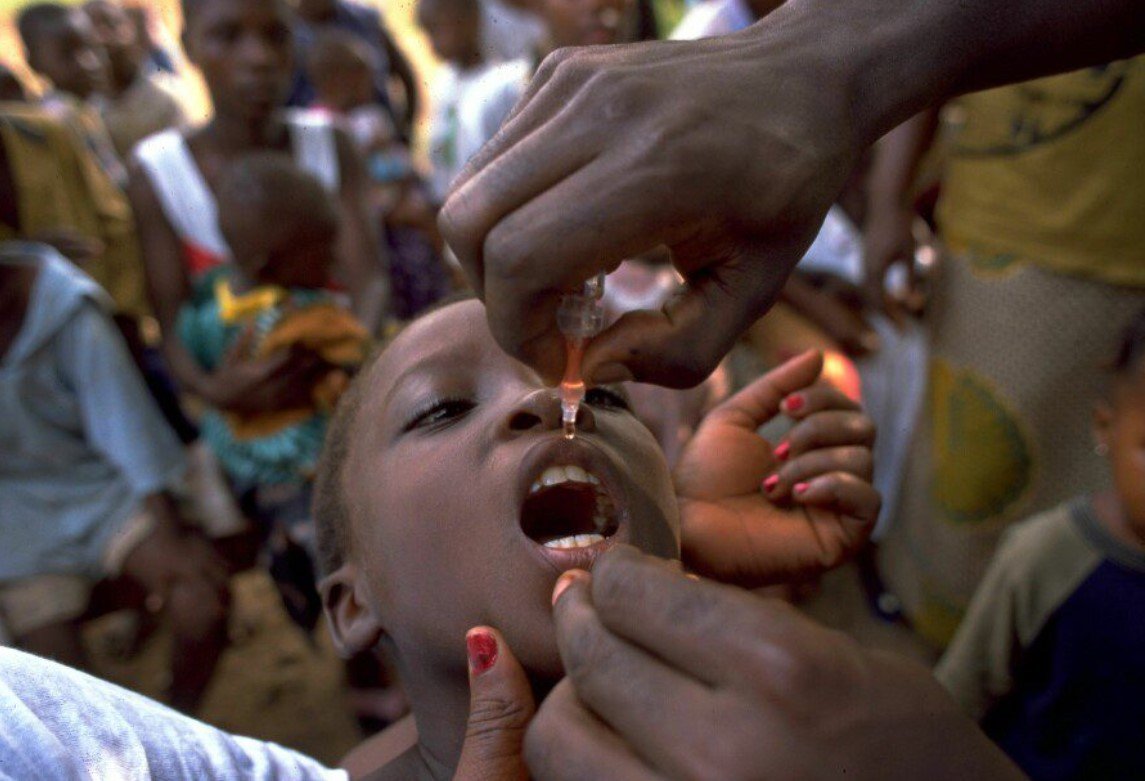The Gaza Health Ministry has confirmed the presence of the poliovirus in sewage samples, raising alarms about a potential health disaster. The discovery, made in collaboration with UNICEF, highlights the dire conditions in Gaza, where the ongoing conflict has severely impacted infrastructure and sanitation. The ministry has called for immediate action to prevent a widespread outbreak, emphasizing the urgent need for clean water and proper sewage management to protect the population from the risk of poliomyelitis.
Dire Sanitation Conditions
The detection of the poliovirus in Gaza’s sewage is a stark reminder of the deteriorating sanitation conditions in the region. The ongoing conflict has left much of Gaza’s infrastructure in ruins, with sewage systems particularly hard hit. This has led to the contamination of water sources, making it easier for diseases like polio to spread. The crowded living conditions in refugee camps further exacerbate the situation, as people are forced to live in close quarters with limited access to clean water and sanitation facilities.

The health ministry’s warning about a potential new health disaster underscores the urgency of addressing these issues. Without immediate intervention, the risk of a polio outbreak looms large, threatening the lives of thousands of residents. The situation is particularly dire for children, who are most vulnerable to the disease. Polio can cause severe and long-term health problems, including paralysis and, in rare cases, death.
Efforts to improve sanitation and provide clean water are crucial in preventing the spread of polio. However, these efforts are hampered by the ongoing conflict, which makes it difficult to carry out necessary repairs and improvements. The international community must step in to provide support and resources to help Gaza address this urgent health crisis.
Health Ministry’s Call to Action
In response to the detection of the poliovirus, the Gaza Health Ministry has issued a call to action, urging for immediate measures to prevent a widespread outbreak. The ministry has highlighted the need for clean water, proper sewage management, and improved living conditions to protect the population from the risk of poliomyelitis. This call to action comes at a time when Gaza is already grappling with numerous challenges, including the ongoing conflict and a strained healthcare system.
The ministry’s statement emphasizes the importance of halting the Israeli aggression to allow for the necessary repairs and improvements to be made. The conflict has not only destroyed infrastructure but also displaced thousands of people, forcing them into overcrowded camps with poor sanitation. These conditions create a breeding ground for diseases like polio, making it imperative to address the root causes of the problem.
International organizations, including UNICEF, have been working with the Gaza Health Ministry to monitor the situation and provide support. However, more needs to be done to ensure that the necessary resources are available to prevent a health disaster. The international community must heed the ministry’s call to action and provide the support needed to protect the people of Gaza from the threat of polio.
The Broader Implications
The detection of the poliovirus in Gaza’s sewage has broader implications for public health in the region. It highlights the interconnectedness of health and infrastructure, showing how the destruction of one can lead to the deterioration of the other. The situation in Gaza serves as a stark reminder of the importance of maintaining robust infrastructure and sanitation systems to prevent the spread of diseases.
The ongoing conflict has not only caused immediate harm but also created long-term health risks for the population. The destruction of infrastructure, including sewage systems, has made it difficult to maintain sanitary conditions, leading to the spread of diseases like polio. This underscores the need for a comprehensive approach to rebuilding Gaza, one that addresses both the immediate needs and the underlying issues that contribute to health crises.
The international community has a crucial role to play in supporting Gaza’s recovery and preventing future health disasters. This includes providing financial and technical assistance to rebuild infrastructure, improve sanitation, and ensure access to clean water. By addressing these fundamental issues, the international community can help create a healthier and more resilient Gaza.









